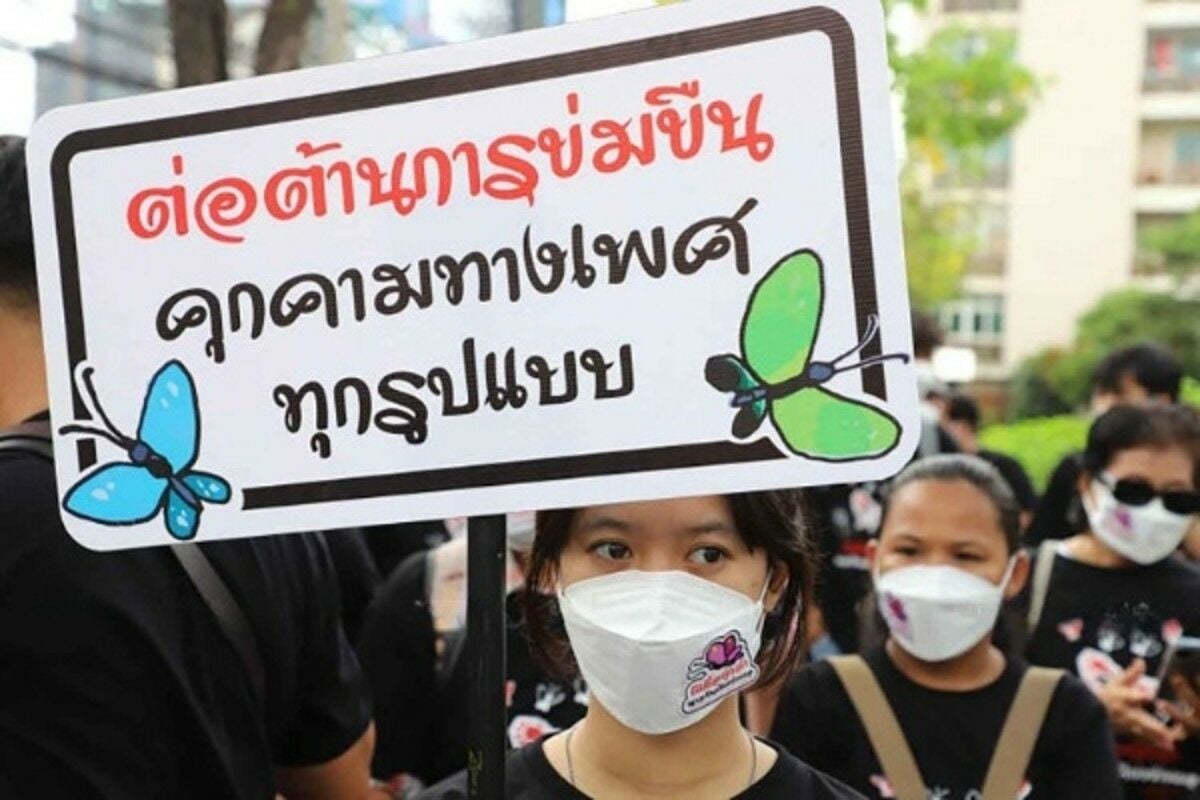Thailand raises alarm on online child sexual harassment surge

Thailand’s National Economic and Social Development Council (NESDC) raised alarms about the severe impact of sexual harassment on social media on children and young people.
A recent social outlook report from the NESDC, released yesterday, indicates that victims of such harassment risk developing a range of social, emotional, and mental health problems, including anxiety and depression. In some cases, these traumas have led to criminal behaviour.
ECPAT International, an organisation affiliated with UNICEF, identified Thailand as one of the 25 countries with alarming levels of online sexual harassment against children and youth. This is in line with data from the Royal Thai Police, which reports a significant increase in child sexual abuse cases, rising from 48 in 2017 to 540 last year.
The NESDC categorises online sexual harassment against children into three levels. Low-level harassment often involves perpetrators who do not see their actions as harmful, such as making sexually suggestive comments about school-aged children.
Moderate-level harassment involves repeated actions intended to cause emotional distress, such as persistent harassment, attempts to humiliate the victims, and invading personal privacy gradually.
Severe or high-level harassment includes violent and aggressive actions that cause significant emotional and psychological harm. This level violates sexual abuse laws and includes luring minors into romantic relationships, coercing them into sexual acts, recording these acts without consent, and exploiting the victims by charging people to view these recordings.
A UNICEF report from 2022 highlighted that many young people do not know how to seek help if they or their friends experience online sexual abuse. Some do not see themselves as victims, while others are too shy to report it, leading to underreporting of these crimes, according to the NESDC.
The NESDC emphasises the need for immediate measures to address this problem. Family members should closely monitor their children’s use of social media, and both the government and communities need to implement stringent measures to punish perpetrators.
Education providers and communities must also play a role in educating people about their rights, the risks of online sexual harassment, and the evolving nature of online threats.
The NESDC suggests that families should teach their children how to protect personal information, and that education providers should incorporate lessons on dealing with sexual grooming into their curricula, reported Bangkok Post.
Latest Thailand News
Follow The Thaiger on Google News:


























